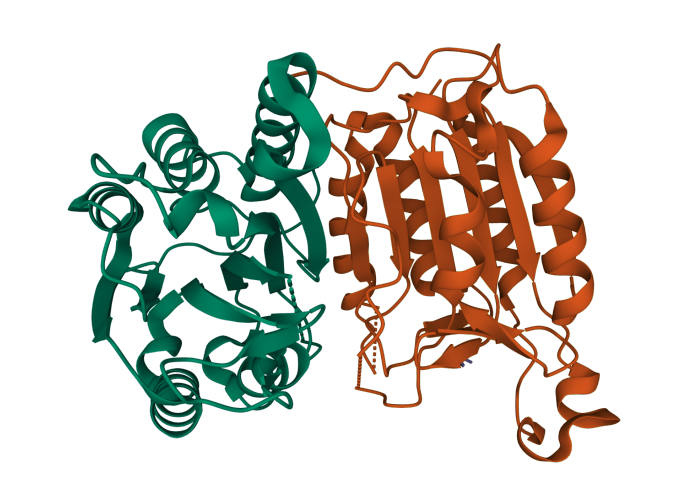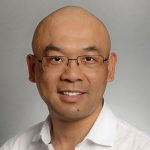January 10, 2023

A Mizzou Engineering team ranked within the top 10 in four different categories at an international protein prediction competition last month.
Held every two years, CASP (Critical Assessment of Structure Prediction) aims to advance the field of protein modeling and prediction. Nearly 100 teams from academia and industry competed using both human and server techniques.
At CASP15, MULTICOM — led by Jianlin “Jack” Cheng, William and Nancy Thompson Distinguished Professor of Electrical Engineering and Computer Science — took the No. 1 spot for estimating global fold accuracy of protein quaternary structures. In other words, the team’s system most accurately predicted the global quality of certain protein structures.

“It’s a big competition, so it was a dream come true to get our method to become number one,” said Raj Roy, a PhD student in computer science. “Getting something like that motivates you to do even better in the future.”
The MULTICOM team included Raj Roy, Jian Liu, Zhiye Guo and Nabin Giri, all PhD students in computer science. They also ranked No. 3 among server predictors of predicting protein quaternary structures, No. 3 among server predictors of predicting protein tertiary structures and No. 7 among both human and server predictors of predicting tertiary and quaternary structures.
Understanding how proteins fold and function is key to drug development and medical advancement. For half a century, scientists had no way of knowing how a string of amino acids eventually folds into a three-dimensional protein. Cheng was one of the first to use a deep learning method to predict protein structures, demonstrating the accuracy of artificial intelligence (AI)-based systems at CASP10 in 2012. Then, at CASP14 in 2020, Google’s DeepMind essentially solved the problem of predicting protein tertiary structures with its system, AlphaFold.
“AlphaFold changed the game,” Guo said. “In this competition, almost all groups used AlphaFold as a key component of their systems to make their predictions.”
It’s been exciting to see the technological advances within the field, Cheng said, adding that it’s an example of how decades of community-wide efforts eventually pay off.
“The process requires a lot of persistence,” he said. “Significant impacts require persistent work individually and as a community to push a field forward until you reach a point where it can have a huge impact on technology development and scientific research.”
Cheng stressed that it’s also important for those working in the field to embrace the changes and build upon advances made by others. And there’s plenty of work to still be done within the protein prediction community as new findings pave the way for further study and application.
“I definitely plan to stay in this research area,” Roy said. “There are a lot of other sectors where proteins and genome studies apply, especially in cases of drug discovery that can help billions of people.”
For now, the team is already gearing up for the CASP16, which will be held in 2024.
“We will be learning from the methods participating in the CASP15 to see where we can improve,” Giri said. “We definitely need to continue to collaborate in order to move forward and perform well next time, too.”
In addition to working on the prediction models, the students agreed they developed teamwork, organization and communication skills, as well.
“This a great experience,” Liu said, “And hopefully we’ll do even better at the next CASP.”
Be part of research that revolutionizes the world. Join the University of Missouri College of Engineering today!